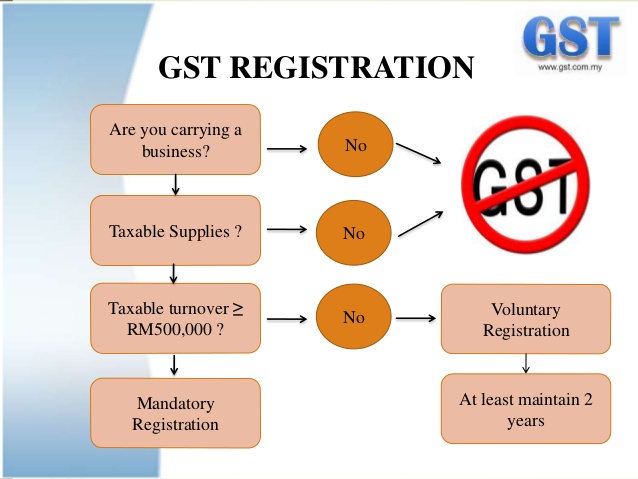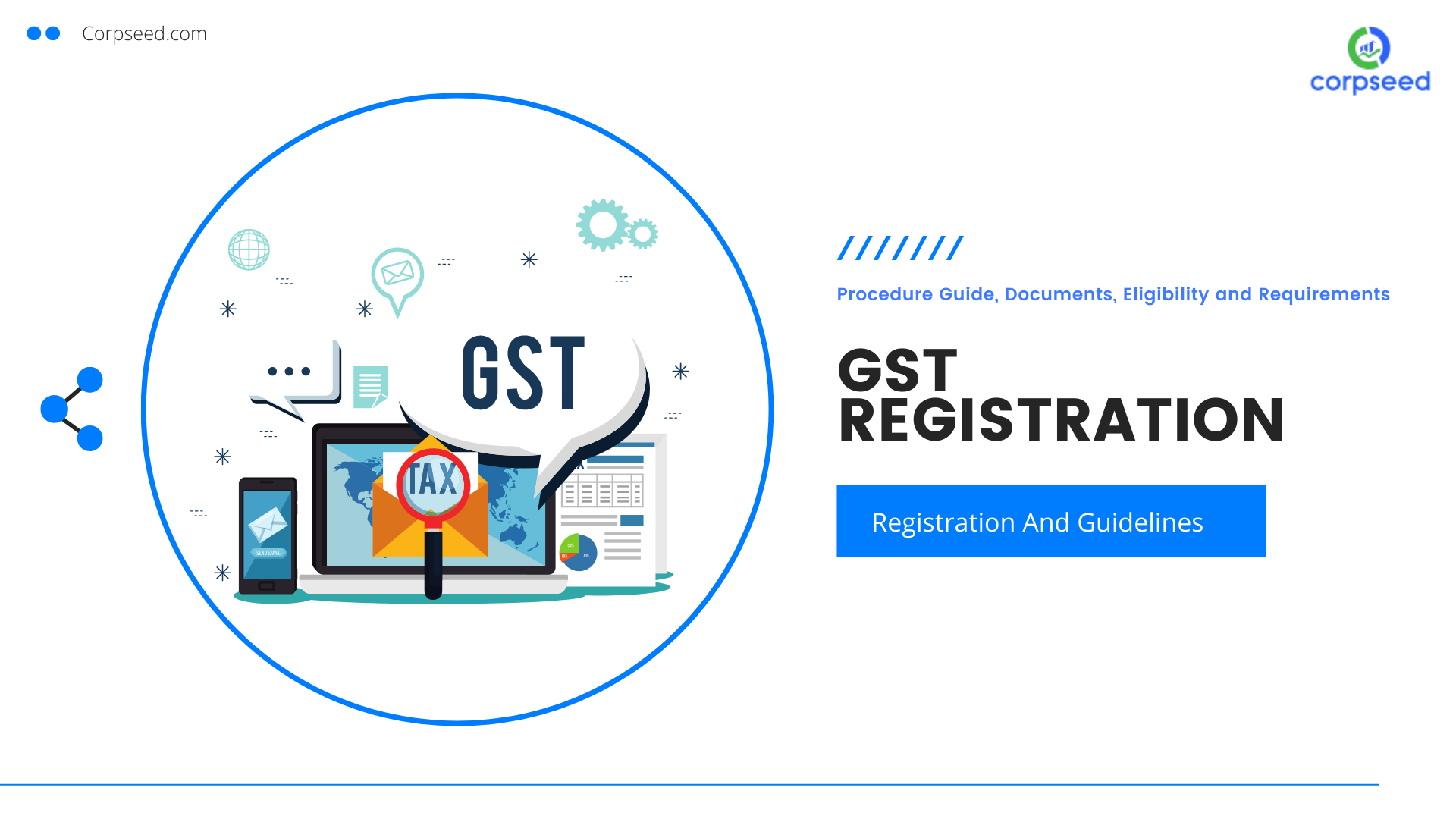Step-by-Step Refine for Singapore GST Registration Explained
Step-by-Step Refine for Singapore GST Registration Explained
Blog Article
Making Best Use Of Tax Obligation Performance: Professional Tips on Navigating the GST Registration Puzzle for Local Business
Browsing the detailed landscape of Item and Provider Tax (GST) registration can be a labyrinthine task for little services intending to maximize their tax obligation performance. Understanding the eligibility requirements, careful documentation needs, critical timing factors to consider, and skilled enrollment procedure tips can significantly affect a company's economic standing. Compliance with GST laws is paramount, and adhering to finest techniques can improve procedures and avoid possible risks. In this conversation, we will explore experienced understandings and workable suggestions that can equip small companies to navigate the GST registration maze efficiently and enhance their tax obligation efficiency.
Eligibility Requirements
Eligibility demands for Small company GST Enrollment encompass certain standards that services must satisfy to abide by tax policies. To get GST registration, an organization needs to have a yearly turnover going beyond the threshold set by the tax authorities, which differs by nation. In addition, companies associated with inter-state supply of services or goods, or those offering items online, may be needed to sign up for GST, irrespective of their turnover. It is essential for companies to precisely establish their eligibility based upon these turnover thresholds to prevent fines for non-compliance. Singapore GST Registration.

Documents Needs
To successfully complete the procedure of GST enrollment, local business should guarantee they have all needed documentation in order. The required documents commonly consists of proof of organization enrollment or consolidation, identification and address proofs of business owner, pictures, bank account details, and evidence of the principal location of company. In addition, services need to supply information of their company tasks, including the products or solutions supplied. It is essential to ensure that all records are precise, approximately date, and in the defined style to stop delays or beings rejected during the registration procedure.
Besides the necessary papers, organizations might additionally be required to send additional info based on their particular scenarios. This might consist of papers connected to collaborations, the consent of signatories, or any various other pertinent agreements. Keeping all required paperwork organized and readily obtainable can simplify the registration procedure and assistance businesses conform with the demands efficiently - Singapore GST Registration. Failure to provide the called for documents may result in hold-ups or also being rejected of the GST registration application. Precise attention to information and adherence to the documents standards are vital for a successful GST enrollment process for tiny organizations.
Timing Considerations
Considering the essential documentation needs have actually been carefully resolved, the following crucial element for local business starting the GST enrollment process is the calculated management of timing factors to consider. Timing plays a critical duty in GST this registration, influencing not just conformity however additionally financial facets of business. Local business require to thoroughly plan the timing of their GST enrollment to take full advantage of benefits and lessen potential dangers.

Moreover, companies ought to align the timing of their GST enrollment with their functional preparedness. Sufficient preparation, such as upgrading audit systems and training team, is important to flawlessly incorporate GST demands into daily procedures. By purposefully handling timing considerations, small companies can browse the GST enrollment procedure effectively and maximize their tax obligation performance.
Enrollment Refine Tips
Effectively browsing the GST enrollment procedure requires check out here small services to carry out positive and calculated registration process tips. One important idea is to make certain all necessary documents are readily available before starting the registration process. This includes organization enrollment files, evidence of address, financial institution declarations, and recognition proofs of the service proprietors. Confirming the accuracy of the details provided is equally vital to prevent rejections or hold-ups.
Furthermore, recognizing the thresholds and requirements for GST registration based upon the specific state or area where the organization operates is important. Some states have different turn over thresholds that trigger mandatory enrollment, so being informed regarding these thresholds can assist organizations intend in advance.
One more useful pointer is to take into consideration looking for professional support from accountants or tax experts that concentrate on GST registration. Their know-how can simplify the procedure, lower mistakes, and ensure conformity with all policies.
Compliance Finest Practices
Small businesses have to prioritize conformity to avoid fines and preserve an excellent standing with tax authorities. Tiny business owners must frequently review federal government guidelines and look for professional recommendations if required to guarantee they are satisfying all needs. By integrating these conformity best methods right into their procedures, small companies can browse the intricacies of GST enrollment with confidence and performance.
Conclusion
To conclude, local business can browse the GST enrollment maze by ensuring they fulfill qualification standards, collect called for paperwork, think about timing effects, follow enrollment procedure pointers, and stick to conformity finest methods. By making the most of tax efficiency through proper GST enrollment, businesses can enhance their financial management and operations.
Navigating the intricate landscape of Product and Services Tax (GST) registration can be a labyrinthine job for tiny businesses aiming to optimize their tax obligation performance.Qualification requirements for Small Company GST Registration recommended you read encompass certain requirements that services have to meet to conform with tax regulations. The required documentation typically includes evidence of organization enrollment or address, incorporation and identification proofs of the business proprietor, photographs, financial institution account details, and evidence of the principal area of service. Additionally, organizations need to give information of their business tasks, including the solutions or products provided.Effectively navigating the GST enrollment process needs little businesses to apply critical and proactive enrollment process pointers.
Report this page